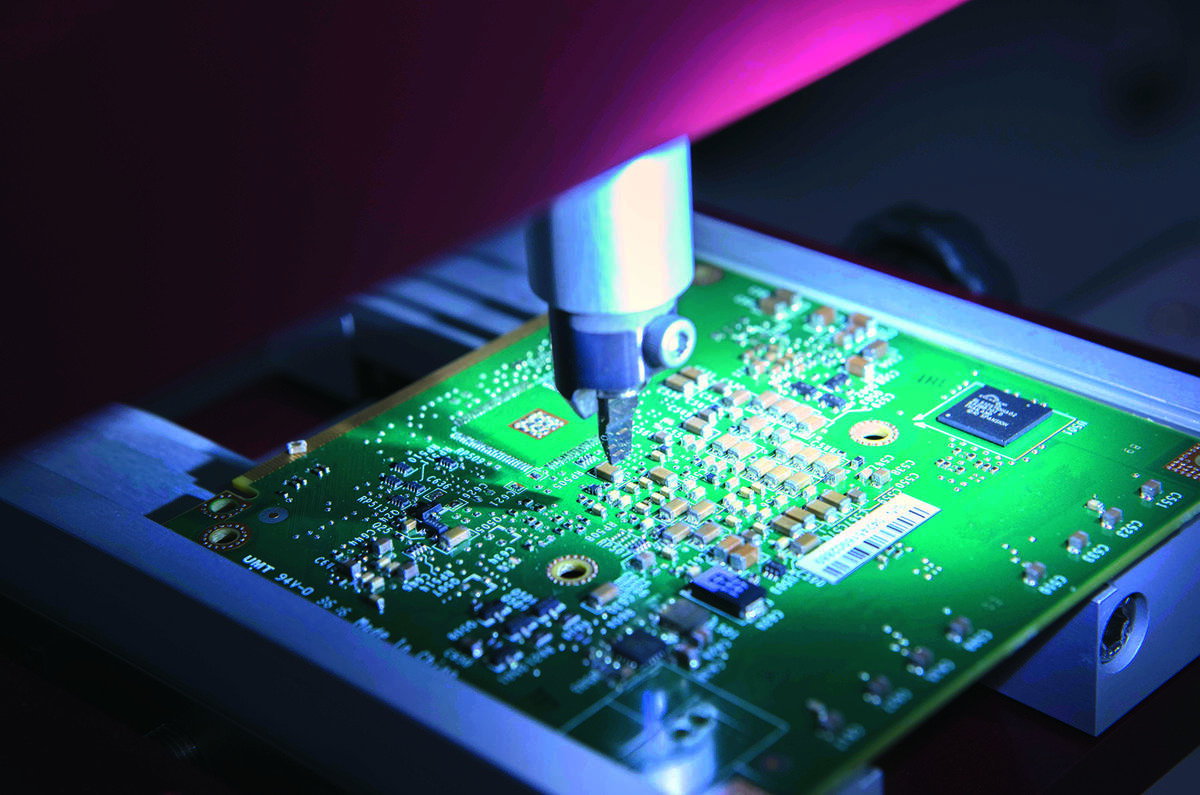What do power steering, brake sensors, parking cameras, infotainment systems and more have in common? Semi-conductors, or computer chips – and they’ve been in the news a lot in recent months.
They’re one of the reasons why many new cars aren’t available until September, as a global bun fight rages over a limited supply, with just two makers of the very highest quality chips existing in the world and supply of the bulk of good-enough chips bottle-necking around four manufacturers.
For car makers, it’s another kick below the belt. It’s born of the pandemic, with auto manufacturers working to ‘just in time’ principles and balancing complex supply chains reacting to shutdowns by cancelling orders, only to find the slack their actions created at hard-pressed chip makers sold on to booming phone and gaming firms.
The affected car makers – who fit between 50 and 1000 chips to each car, depending on its complexity – are aggrieved. They had long-standing contracts that were suspended through force majeure. But what they failed to predict was that global demand for chips would – despite everything – grow 15% last year.
The chip makers therefore say the car industry must get back in line, although that’s not helped by the fact that they are relatively small customers, accounting for less than 10% of the collective £250 billion of chip sales each year.
The scale of the issue is becoming evident: Ford has revealed it will make 1.1 million fewer cars this year as a result of the challenge, and reports are coming in of some new cars having bells-and-whistles digital dashboards de-specced on all but highest-end models. While car makers say the issue will run to the autumn, chip makers say building a new production line takes 40-100 weeks.
As furlough schemes round the world run down, the knock-on effects of running factories that can’t complete cars must be increasingly alarming. Reports suggest many car makers are prioritising their most profitable (SUVs, in general) and greenest (electric and hybrid) models. Trouble is, our research suggests a hybrid uses up to 10 times more chips than a base petrol model.
To some degree, retailers can ride the storm, buoyed by a move to nearly new and used sales. For car makers, the headaches keep coming – and this one could rival the pandemic for its global impact. Customers, meanwhile, must decide how patient they’re willing to be. Eager buyers need to move fast – but with supply low and demand strong, don’t expect to haggle.
READ MORE
Analysis: Chips are down for car makers as shortage continues
Global chip shortage: Audi furloughs 10,000 staff as production slows
Semiconductor crisis: Tesla comes back strong, Mini shuts Oxford plant






Join the debate
Add your comment
The shortage is in fab capacity to make parts and most of the shortage is in the more complex silicon and automotive is under 10% of the demand and the investment is very large. This is a global issue so expect more fab plants in EU and US plus China as each wakes up to the reliance on a few places. But yes lots of parts in short supply.
Re cause you have the demand drop by auto companies plus an people bought a lot more smart devices etc due to Pandemic, it was already rising.
Then there was a fab plant fire in Japan and a winter storm took out some other fab plants.
Re Pandemic it is real and seen too many die to think it is fake.
Why so few suppliers go check out the technology and investment required.
Re numbers of chips, it isn't a direct relationship as it's the simple chips that are in short supply, the ones that are shared with consumer electronics. A vehicle that uses more of the complex chips may not be any more badly hit.
Caused by governments' stupid reactions to the FAKE pandemic.